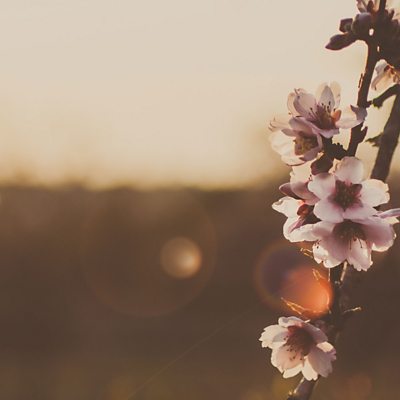Episode details

Radio 4,3 mins
"Preyas is short-term gain; sometimes translated: the Pleasant; and shreyas is long-term benefit - the Good." Akhandadhi Das
Thought for the DayAvailable for over a year
Good morning. Controversial policies require motivational oration and President Barack Obama’s turn of phrase on Monday was salutary: “We are the first generation to feel the impact of climate change and the last generation that can do something about it.” Whilst some might challenge the accuracy of that statement – or the sanity of his proposals, the president’s policies to curb carbon emissions have been called a “game-changer” – and may well lead the way for other countries. I think this is welcome. As the Bhagavad-gita says: “Whatever actions the great perform, others follow in their footsteps. And, whatever standards they set, the rest of the world pursues.” But, Obama acknowledged that these policies are not easy in the short-term. My journey here this morning took me past Merthyr Tydfil – once the coal capitol of the world – a place that knows the difficulties of re-building an economy as well as community cohesion and identity when coal stops. This is the balance of what Hindus call: preyas and shreyas. Preyas is short-term gain; sometimes translated: the Pleasant; and shreyas is long-term benefit - the Good. It’s said: we’re constantly approached by these two characters – the Pleasant and the Good. The wise choice, says the Upanishad is the Good – or at least, intelligently balance only as much of the short-term Pleasant that doesn’t detract from the long-term Good. Another text, the Mahabharat offers three distinct approaches to economic consumption. The first, it says fittingly, is the example of the charcoal-merchant. He chops down and burns trees for sale as charcoal. To him, the tree is worth only its weight of fuel without consideration of its other benefits of shade, and habitat – or the negative impacts of pollution and soil erosion. This is consumption that depletes the resources; quick money, but eventual poverty. A better approach is the garland-maker who picks just one flower from each plant, so there are always flowers to pick tomorrow. Resources are protected for the future. But, says the Mahabharat, even that shouldn’t be the standard for human civilisation. It recommends the example of the honey-bee which buzzes from flower to flower taking only a tiny amount of nectar from each and, whilst doing so, it pollenates the plants. The bees’ consumption actually builds the resources upon which it depends. First broadcast 05 August 2015
Programme Website